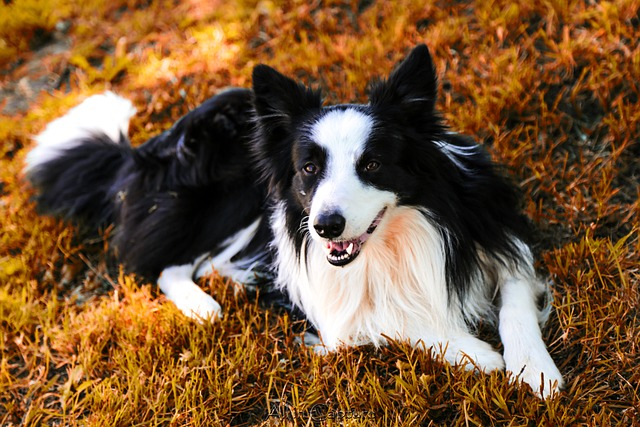
What is glaucoma in a dog?
You might notice your dog squinting more at mealtime or avoiding bright sunlight—these small changes could be early signs of a serious eye condition.
If you’re a new dog parent with a 9-to-5 job, you’ve probably lost sleep wondering: “Will my pup destroy the couch while I’m at work?” Last year, my coworker Jess faced this dilemma—she returned home to chewed shoes and a stressed-out spaniel after just four hours away. The problem wasn’t her care; it was choosing a breed prone to separation anxiety. For busy professionals, picking a dog that thrives with alone time isn’t just convenient—it’s key to preventing stress for both you and your furry friend.
Certain breeds handle solitude better thanks to their natural temperament and energy levels. Basenjis, often called “barkless dogs,” are independent by nature—my neighbor’s Basenji, Kito, spends his days napping and exploring his gated backyard without a peep. Their low energy means they don’t need constant stimulation, unlike high-drive breeds like border collies, which can get destructive when bored. Shiba Inus are another great fit; their cat-like independence makes them content to entertain themselves with puzzle toys while you’re gone. Dr. Patel, a vet in Portland, notes: “Breeds developed for solitary work, like hunting or guarding, often adapt better to alone time than those bred for constant companionship.”
Preparing your home is just as important as breed choice. Create a safe space with their bed, water, and a few durable toys (avoid stuffing that can be chewed up). For apartment dwellers, baby gates work wonders—section off a quiet corner away from windows that might trigger barking at passersby. Start with short absences: leave for 30 minutes, then return to praise and a tiny treat. Gradually extend the time—this positive reinforcement builds confidence, so they learn alone time means you’ll come back. Never scold them for chewing when you return; fear will only worsen anxiety. My own Shiba Inu, Mochi, now naps through my workdays after weeks of this slow training.

Living in apartments adds specific considerations. Breeds like Boston Terriers or French Bulldogs are ideal—they’re small, low-energy, and rarely bark excessively, keeping you on good terms with neighbors. Check your lease first; many buildings in cities like Chicago or Austin have weight limits or breed restrictions, so compliance keeps you from losing your deposit. Before bringing a pup home, ensure their rabies vaccine is up to date (required by law in most states) and stock up on poop bags for post-work walks—even independent breeds need regular potty breaks and exercise to stay happy.
Remember, no dog should be left alone for more than 8-10 hours daily, regardless of breed. Even independent pups need human interaction and mental stimulation. If your schedule is longer, consider a dog walker or daycare—my friend’s Basenji loves his midday park visits, which prevent afternoon restlessness. The best breeds for alone time aren’t “low maintenance”; they’re breeds that trust you’ll return, making your bond stronger when you finally walk through that door.

You might notice your dog squinting more at mealtime or avoiding bright sunlight—these small changes could be early signs of a serious eye condition.

Let’s set the scene: It’s a sweltering Phoenix afternoon—105°F outside—and you rushed your 2-year-old Lab mix, Cooper, on a quick walk to “get it over with.”

Let’s get real: You’re in your Miami apartment, watching your 3-year-old Corgi, Loki, struggle to climb the stairs to your second-floor unit.

Many dog owners brush off occasional scratching as just “dog behavior,” but persistent itching often signals something more—like a food allergy.

You might first notice your dog scratching more than usual—chewing at their paws until the fur looks thin, or rubbing their face against the couch nonstop.

Let’s be real: You’re standing in your Chicago apartment, watching your 3-year-old Beagle, Max, huff and puff just to climb onto the couch.